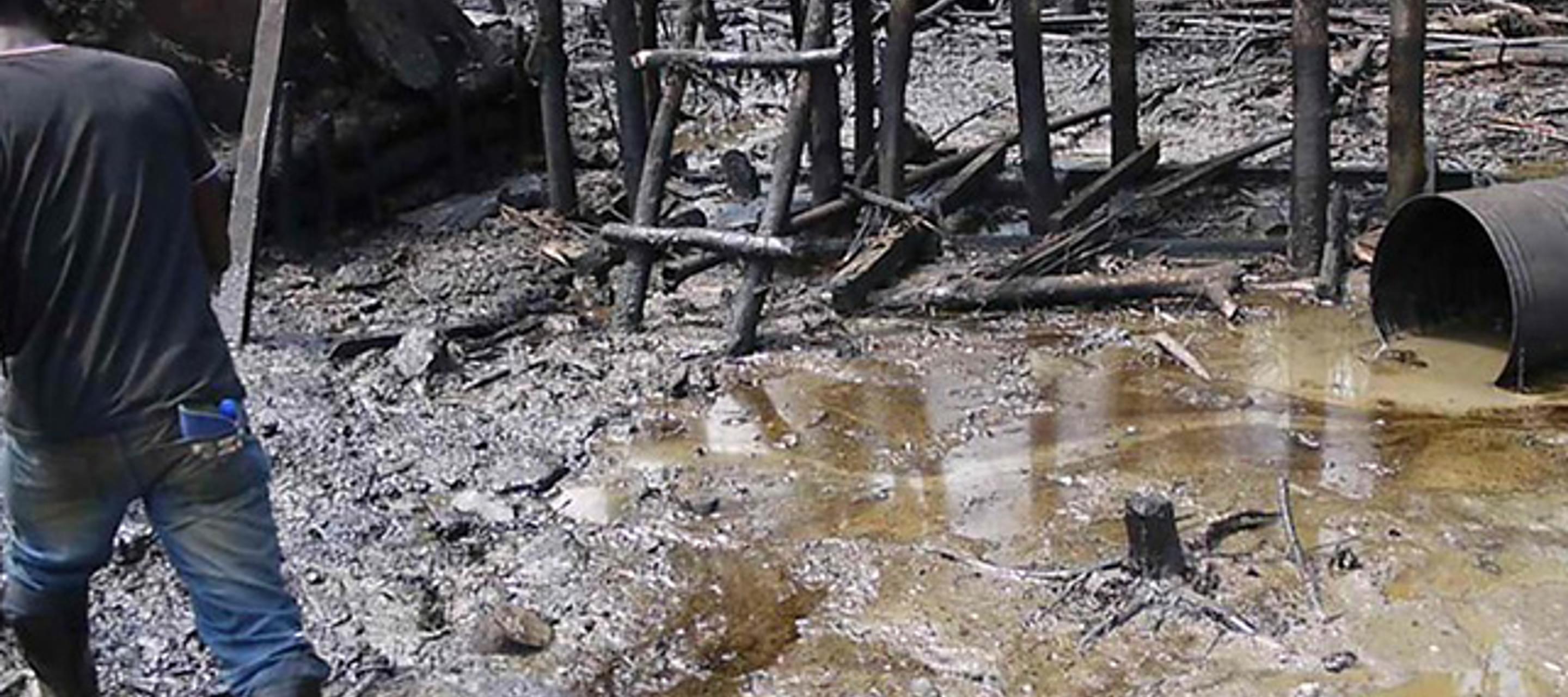Controversy Over Niger Delta Oil Pollution Study - Independence and Impartiality
8 September 2010

For the past three years the UN Environmental Program (UNEP) has been investigating the environmental impact of oil spills in Ogoniland in the Niger Delta.
Although the report is not due until early 2011, an article in the Guardian last month quoted the head of the UNEP team as saying that 90% of the pollution in Ogoniland is attributable to theft and sabotage, and only 10% to oil companies.
The media leak has been greeted by a howl of protest from environmental and human rights groups. They claim the UNEP study is biased because it has been funded entirely by Shell’s Nigerian subsidiary (SPDC), was commissioned by the Nigerian government which owns 55% of the Shell subsidiary and is based on data provided largely by the oil company. Putting aside for the moment the rights and wrongs of the finding, let’s consider the broader issue of the funding of the environmental impact study by Shell.
NGOs have been at the forefront of the demand for environmental impact studies. Such studies require considerable resources which neither NGOs nor governments of developing countries can afford. Companies have the resources but when they undertake such studies themselves they lack credibility. When they fork out funds for others to do the assessment, as Shell has done for the UNEP study, are NGOs right to cry foul?
UNEP says the funding was negotiated over a period of one and a half years to ensure the independence and integrity of the assessment. The Government of Nigeria, SPDC and UNEP agreed that the costs would be borne by SPDC in keeping with the “polluter pays” principle.
The “polluter pays” principle is well established in environmental law. It is only fair that the one who pollutes should also be the one to pay for the damage caused by the pollution.
However, in this case, Shell is not (yet) paying for the damage. It is paying for a study to assess the damage to be remedied and – most importantly – also providing the data which will determine the outcome of the study. What does that do for the independence and integrity of the study?
Amnesty International says UNEP has shown poor judgment in relying on Shell’s data that are unsubstantiated and long contested by environmental groups. On the other side, some experts say that there is almost no historic data available on the Delta from NGOs or independent sources. UNEP says that - in keeping with standard practice of inter-governmental organizations - it has taken government figures, which are based in part on data produced by the oil companies.
Even if one buys the argument that only the oil industry has the level of resources and the historic data for an environmental impact study on the Niger Delta, there’s no denying the fact that the same industry also has a huge conflict of interest.
UNEP’s press release states that “the assessment will be concluded to the highest standards of independence, integrity and transparency”. But how? In the Guardian article the head of the UNEP team is quoted as saying, “We are focusing on the science… No party … will be able to influence the science."
Science is no magic guarantor of impartiality or independence. If the data sources are suspect, then the analysis will be faulty. Furthermore, scientific investigations require choices and judgments to be made at almost every step, from the scope of the study to what kind of scientific data will be collected, the way they will be collected, analyzed, interpreted and presented. Such decisions are not made only on the basis of “science” but also on the basis of practical and political considerations. Costs, availability of funds and time, previous studies and even likely outcomes all play a part in the choices that are made.
So what’s the answer?
Purists will argue that it is impossible to set up a firewall between the donor/polluter and the agency conducting the study, and so we must seek funds from other sources. Pragmatists will point to the paucity of funds and the logic of making companies pay for their actions. I would say: if the oil industry pays, make sure the assessment is done by others and set up measures that safeguard – and are seen to safeguard – the assessment study from any influence or manipulation by the donor.
Safeguard independence and integrity through transparency, multi-stakeholder engagement and peer reviews. Consider:
- Engaging with NGOs and community representatives from the earliest stages of the environmental assessment study. Working with them to set the scope of the study, collection of data and agreement on mitigation options will add to the credibility and buy-in of the study.
- Diversifying the sources of data. For instance in the Niger Delta, environmental groups have accused UNEP of not looking at data from community monitors whose observations often contradict information produced by oil companies and Nigerian regulatory agencies.
- Setting up an independent multi-stakeholder panel to select the experts and guide the study. The study itself should be transparent about the expertise, methodology and assumptions on which it is based, the choices and judgments that have been made, and be subjected to rigorous, independent peer review.
This is not an exhaustive list but simply some ideas to generate a much needed debate on how to reduce the risks of manipulation of environmental impact studies by one party and increase the credibility and acceptance of them by others.
Image: Flickr/Stakeholder Democracy



